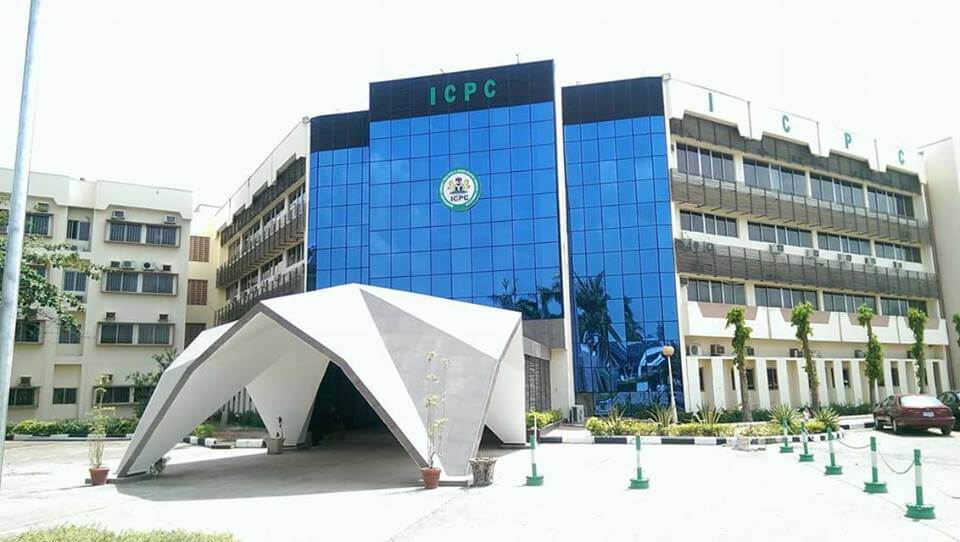The Independent Corrupt Practices and Other Related Offences Commission (ICPC) has introduced a peer review score card “National Ethics and Integrity Policy” for Ministries, Departments and Agencies(MDAs)
The Chairman of the commission, Prof. Bolaji Owasanoye stated this during a roundtable discussion with media experts in Abuja on Tuesday. He said the aim of the initiatve was to appraise what MDAs are doing and identify those who have high corruption risk or have predisposition to corruption.
Advertisement
“As you all know there are so many MDAs I think probably five hundred in Nigeria and we are unable to scope all of them at the same time given our own limited resources and human capital,” he said.
He said this year the commission tried to change the approach, by digitizing the process.
“Basically what we do is to administer a score card on MDAs and they are to address some key issues like administrative, managerial and financial functions and how they relate to the publics,” said Owasanoye.
In his welcome address, Prof. Owasanoye said the roundtable was convened to discuss the “structure of the ethics and integrity policy”, noting that it was not a discussion on what collapsed Nigeria’s ethical values nor a discussion on what activities and sanctions would be applicable for violations of ethical standards.
Advertisement
Reacting to a question on sources of Boko Haram funding, prof Owasanoye explained that “tracing the beneficial owner or what they call ‘Layering’ is a very difficult task because before you could get an order to investigate one account or a bank the money in question has moved to so many accounts”.
He added that the core mandate of the commission is enforcement, prevention and public engagement.
On his part, the Director-General of NOA, Dr. Garba Abari, linked the nation’s ethics crisis to the negative effects of globalization, while advocating a critical brainstorming on how the contents of the policy would be taken to “every Nigerian in the most pedestrian manner that not only inspires them to own it, but to submit to its principles…”
During the interactive session, many of the participants advocated for the inculcation of the policy into the educational curricula of the nation’s institutions while some drew attention to the corruptive tendencies of the country’s politics and politicians.
Many urged the introduction of sanctions and a determined sensitization and mobilization of citizens through the media and all available platforms to ensure that the policy works.
Advertisement
Speaking at the event, the spokesperson of ICPC, Mrs Chinelo Oguggua, urged the media to project the initiative of the commission.
She said the media is a partner in the fight against corruption.



